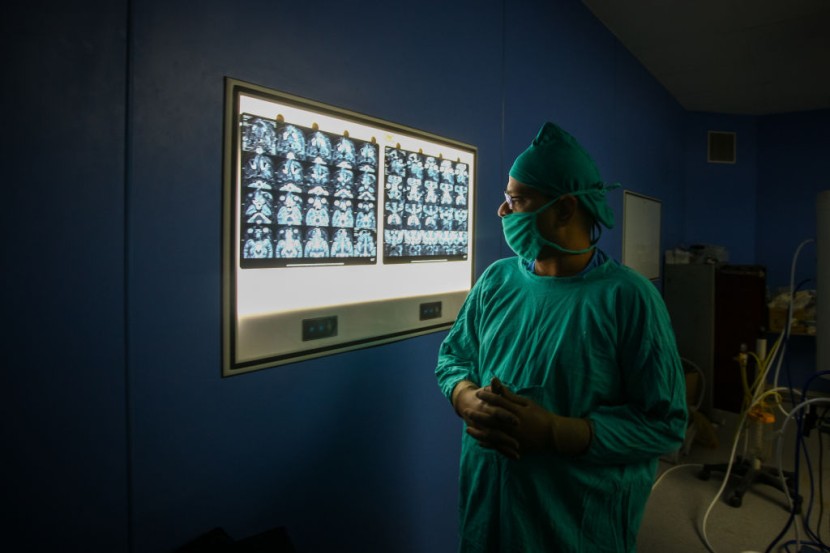
A new study found that the coronavirus causes detrimental effects to the human brain, debilitating its function, causing cognitive deficits such as "brain fog," seizures, depression, loss of sense of smell, altered sense of taste, hearing loss and strokes.
The University of Oxford and Imperial College, London, United Kingdom was the first to document proof of the effect of the COVID-19 virus on a large group of patients. The individuals were subjected to magnetic resonance imaging (MRI) brain scans before and after getting infected with the COVID-19 virus.
Brain Fog
More than 500,000 volunteer participants made up the UK Biobank, which is a large biomedical database that provides valuable long-term research information for different research centers. In 2014, the UK Biobank Imaging Database started collecting samples from more than 100,000 participants, including MRI brain, abdominal and cardiac scans. The process has helped researchers observe the impacts of genetics and lifestyle on health.
MRI brain scans of volunteers from the UK Biobank from three years ago were reviewed by the University of Oxford and Imperial College, comparing them to results in 2021. Investigators found that out of the 782 participants, 394 were found positive for COVID-19 sometime between March 2020 and April 2021.
Officials noted the majority of the infections occurred between October 2020 and January 202, amid the surge of coronavirus cases in the UK, before the widespread availability of the COVID-19 vaccine, Forbes reported.
Out of the 394 infected individuals, 15 were brought to the hospital and kept for an average duration of 10 days. Brain scans of the patients in this group were compared to the remaining 388 people who were not infected with the coronavirus. Researchers matched the subjects for age, sex, ethnicity and basic metabolic factors such as blood pressure and body mass index (BMI).
Researchers discovered that patients who had COVID-19 experienced a loss of grey matter in the areas of the brain that affected a person's smell and taste. Investigators reviewed hundreds of brain scans and discovered "a significant, deleterious impact of COVID-19 on the olfactory and gustatory cortical systems."
Effects of the COVID-19 Virus
Members of the Imperial College in London and the U.S. National Institutes of Health joined the research team. While it showed debilitating effects on the human brain, the study is still in its preprint form, meaning it has not yet been peer-reviewed. Additionally, the lead author of the study has not yet commented regarding the review as it has not been published yet.
Dr. Scott Gottlieb, the former head of the Food and Drug Administration (FDA) noted the concerning results of the study. He said the possibility of the COVID-19 virus affecting the human brain is a serious predicament. The study suggests the coronavirus is not a benign disease, but something that everyone should avoid contracting, which puts getting vaccinated as a high priority, he said.
Dr. Ashish Jha, the dean of the Brown University School of Public Health, posted a series of tweets last week saying the study was an important endeavor. He added the study provided good evidence to prove its observations of brain effects from the COVID-19 virus, Boston Globe reported.
Related Article:
Parents Submit Face Masks for Lab Testing; Harmful Pathogens Found on Children's Face Masks








